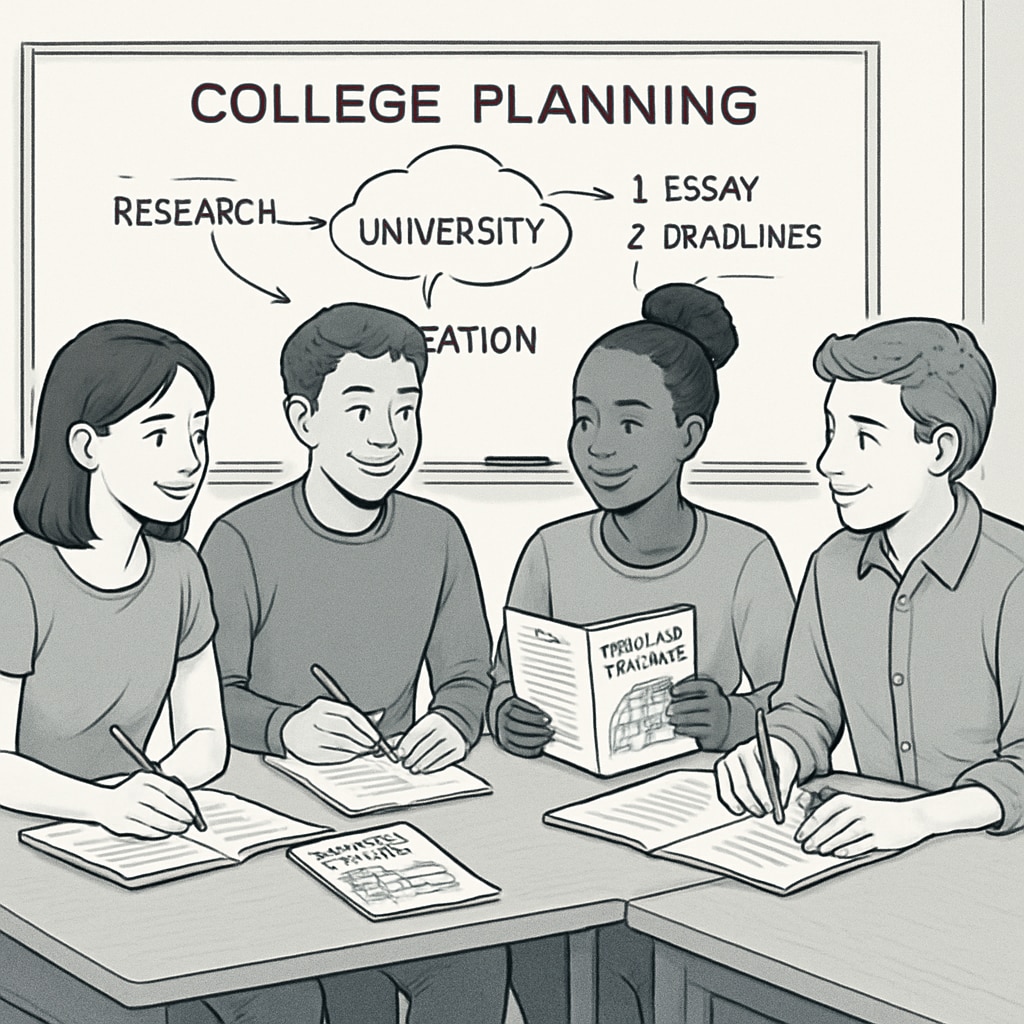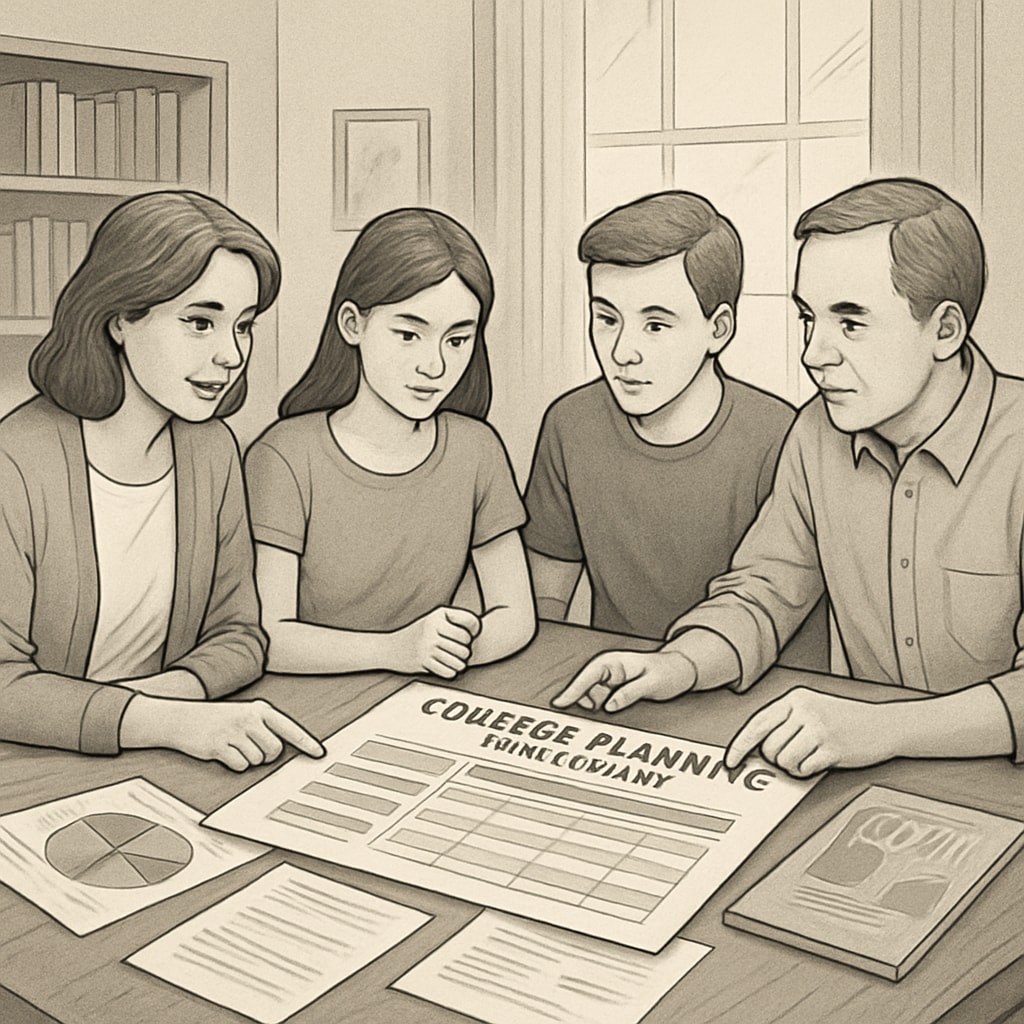The university application process can be overwhelming for many freshman students, with its complexity and high stakes. Lack of experience, limited guidance, and the pressure of making long-term decisions make it a particularly challenging journey. For these reasons, understanding the process early and developing a thoughtful plan is critical for success.
Why the University Application Process Feels Like a Maze
For many freshman students, the university application process feels like navigating a maze. They are introduced to unfamiliar concepts such as GPA (Grade Point Average) requirements, extracurricular profiles, and standardized tests like the SAT or ACT. Additionally, the sheer number of options—ranging from public universities to private colleges—can be intimidating.
One of the key reasons behind this complexity is the lack of early exposure. Most high schools do not begin discussing college planning until junior or senior year, leaving younger students with little understanding of what lies ahead. This delay can lead to procrastination, misinformed choices, and, ultimately, stress.

Key Challenges Freshman Students Face
Freshman students encounter several hurdles during the early stages of the university application process. These include:
- Information Overload: With so much information available online and from peers, it can be difficult to distinguish credible advice from myths.
- Time Management: Balancing academic demands, extracurricular activities, and the initial steps of college planning can be overwhelming.
- Lack of Personal Goals: Many students haven’t yet identified their interests, career aspirations, or preferred areas of study, making it hard to narrow down their choices.
- Financial Concerns: Understanding tuition costs, scholarships, and financial aid options is another common obstacle.
For example, according to a study by the National Center for Education Statistics (NCES), students who start late in planning are more likely to apply only to local colleges, limiting their opportunities.
Why Early Planning is Crucial
Early planning can transform the university application process from a stressful experience into a manageable one. Here’s why starting early is so important:
- Building a Strong Profile: Starting in freshman year allows students to explore extracurricular activities, community service, and leadership opportunities that align with their interests.
- Understanding Requirements: Students gain a clearer understanding of admission criteria, enabling them to focus on improving their academic performance and test scores.
- Researching Options: With more time, students can research a wider range of universities and programs, ensuring their choices align with their goals.
- Reducing Stress: By breaking the process into smaller, manageable steps, students can avoid the last-minute rush that often leads to mistakes.
For additional resources, students can refer to platforms like the College Board, which offers comprehensive tools and guidance for college planning.

Practical Tips for Freshman Students
To ensure a smoother journey, here are some practical steps for freshman students:
- Set Long-Term Goals: Reflect on your interests and potential career paths to identify fields of study.
- Create a Timeline: Map out key milestones such as test dates, application deadlines, and campus visits.
- Seek Guidance: Speak with school counselors, attend workshops, and connect with alumni for insights.
- Stay Organized: Use planners or apps to track progress and keep important documents in one place.
Implementing these strategies can help students feel more confident and prepared as they approach the later stages of the process.
Conclusion: Turning Challenges into Opportunities
The university application process doesn’t have to be a source of frustration. While the challenges for freshman students are real, they can be overcome with proactive planning, reliable resources, and consistent effort. By starting early, students can not only reduce stress but also maximize their chances of finding the perfect fit for their higher education journey.
With the right mindset and support, what seems like a maze today can become a well-charted path toward academic and personal success.


